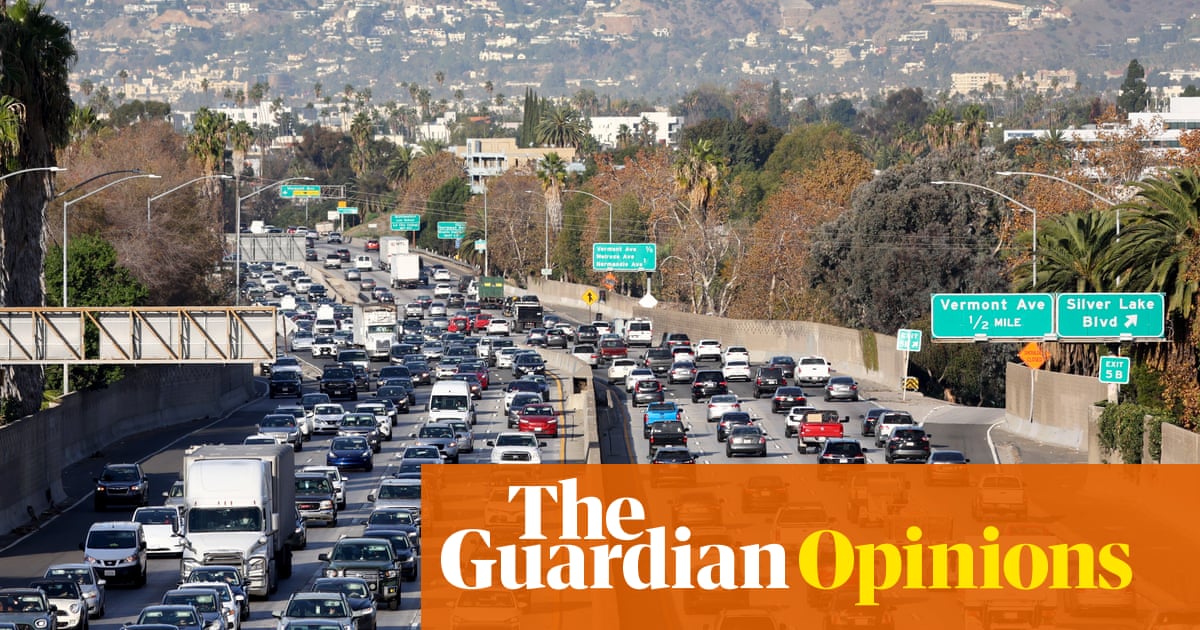Two more top-notch ideas from the twisted mind ofDonald Trump:reopening Alcatraz prison(currently a very wet, very old tourist attraction) and applying a100% tariffon motion pictures made in “Foreign Lands”.
Somehow, I think these two things are related. Some have speculated that the president hatched his scheme to revitalize the island jail in the middle of San Francisco Bay after watching theClint Eastwood film Escape from Alcatraz on PBS. That feels plausible, though it’s a bit odd that his epiphany about Alcatraz would come from watching a movie about a daring escape with a convicted criminal for a hero. Was The Rock not on that night?
If Escape from Alcatraz had been produced in 2025, the crew probably would not have filmed in the real prison at all. Or in San Francisco.Or in California. Or in the United States of America. Chances are, the movie would have been shot in Bulgaria or New Zealand because of generous tax credits and incentives that have lured countless productions away from the traditional center of cinematic gravity: Los Angeles. No one is more eager to leave Los Angeles than the movie business, except for maybe OJ Simpson in 1994.
The non-profit group FilmLA found that filming in Los Angeles isdown 30%in the last year and 50% compared with the previous five-year average. Shooting in “Foreign Lands”, as Trump referred to every other country in the world, is cheaper and more efficient. Countries such as Australia make every possible concession to shoot American blockbusters in their backyard. Australia offers a30% tax rebateto big-budget productions, on top of any state or municipal incentives, which is nearly irresistible to an American movie studio looking to control costs.
But a Trump tariff on films shot outside the United States would wipe that competitive advantage away completely. Trump’s Truth Social post on the subject didn’t specify how one would levy this tariff, but regardless of how it’s actually implemented, the idea goes that a $200m movie filmed in Australia would actually cost $400m after it screened in the US. Again, don’t ask me how that works. Like with all of Trump’s tariff policy, he expects this financial cudgel to compel businesses to relocate their operations to America. The best way to avoid the tariff is to shift work back here.
Hitting the movie studios over the head with a large hammer is certainly one way to go about change, but the other nations siphoning film production away from the United States aren’t bullying the studios. They’re fawning over them, helping them save money, and tempting film-makers with the chance to shoot somewhere exotic. You want to know what isn’t that fun? Driving to Burbank to shoot a movie. As a proud Angeleno, I won’t say anything unnecessarily mean about Burbank, but I will say I would probably rather spend three months on a beach in Australia.
Filming inLos Angelescan feel like a clock-punching 9-to-5 job where a large percentage of your day is spent on the freeway. Craft services meals are often a tepid piece of chicken and a lightly dressed salad. In New Zealand or Bulgaria, meddling studio executives pop in every so often to check in, but are mostly thousands of miles away. In LA, those meddling studio executives are bumping into you at Whole Foods.
I love Los Angeles, but at times, it can feel like Alcatraz – an isolating movie prison where the only way to escape is to be kicked out. LA is far more varied and culturally vibrant than its reputation as the “dream factory”, but when you work in the movies, it can feel a lot smaller and more provincial. Why not go to Belgrade for a few weeks? You can skip your son’s private school recital. Someone else can worry about fixing your pool by Memorial Day. You can go the entire time without eating Sweetgreen once.
Trump can fling his tariffs at other movie-producing nations as much as he wants, but he simply cannot compete with the paid vacation that is shooting overseas. If Meryl Streep wants to drink ouzo in Greece, she’s going to shoot Mamma Mia in Greece. You can fake any backdrop or locale on a soundstage these days, but what you can’t fake is how happy an actor is when they get to enjoy going to work every day. You’re not going to get that glow from shooting on the Paramount lot. I don’t care how much product you put in Meryl’s hair. It’s notshining like thisin Van Nuys.
If we want to revitalize the movie business in Los Angeles, then maybe we should start by improving the quality of life in Los Angeles. Ensuring our neighbors all have housing. Expanding and improving public transportation. Lowering the cost of living so everyone isn’t so annoyed at every second. Closing at least half of the Sweetgreens. The city of Los Angeles has been at the mercy of the film industry for over a century. Municipal planners and business leaders reverse-engineered LA to be a company town, often at the expense of its citizens. As that very industry packs up and shuffles off, perhaps it’s time we reflect on what we gave up to shore up this shotgun wedding and claw just a bit of it back.
